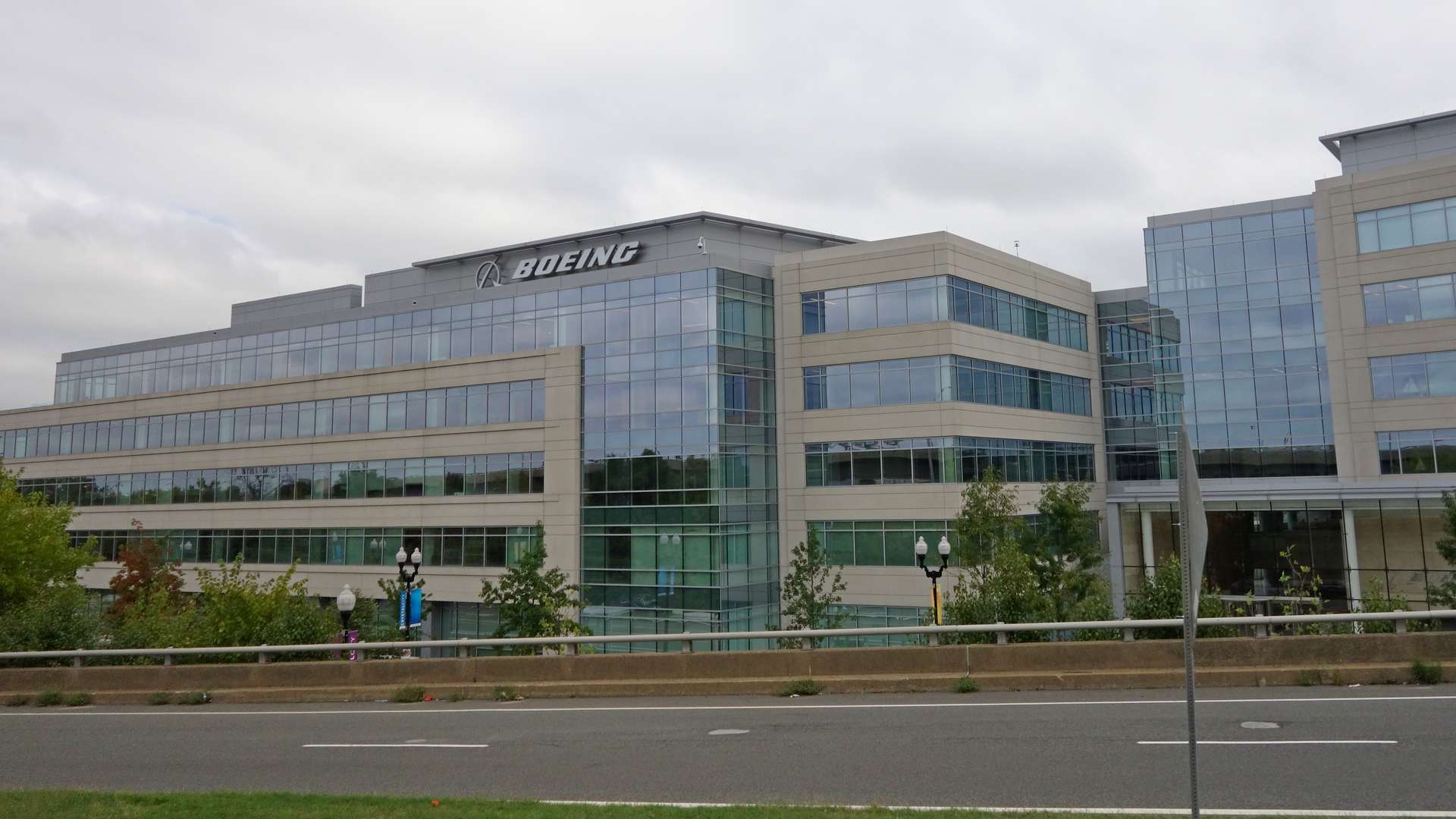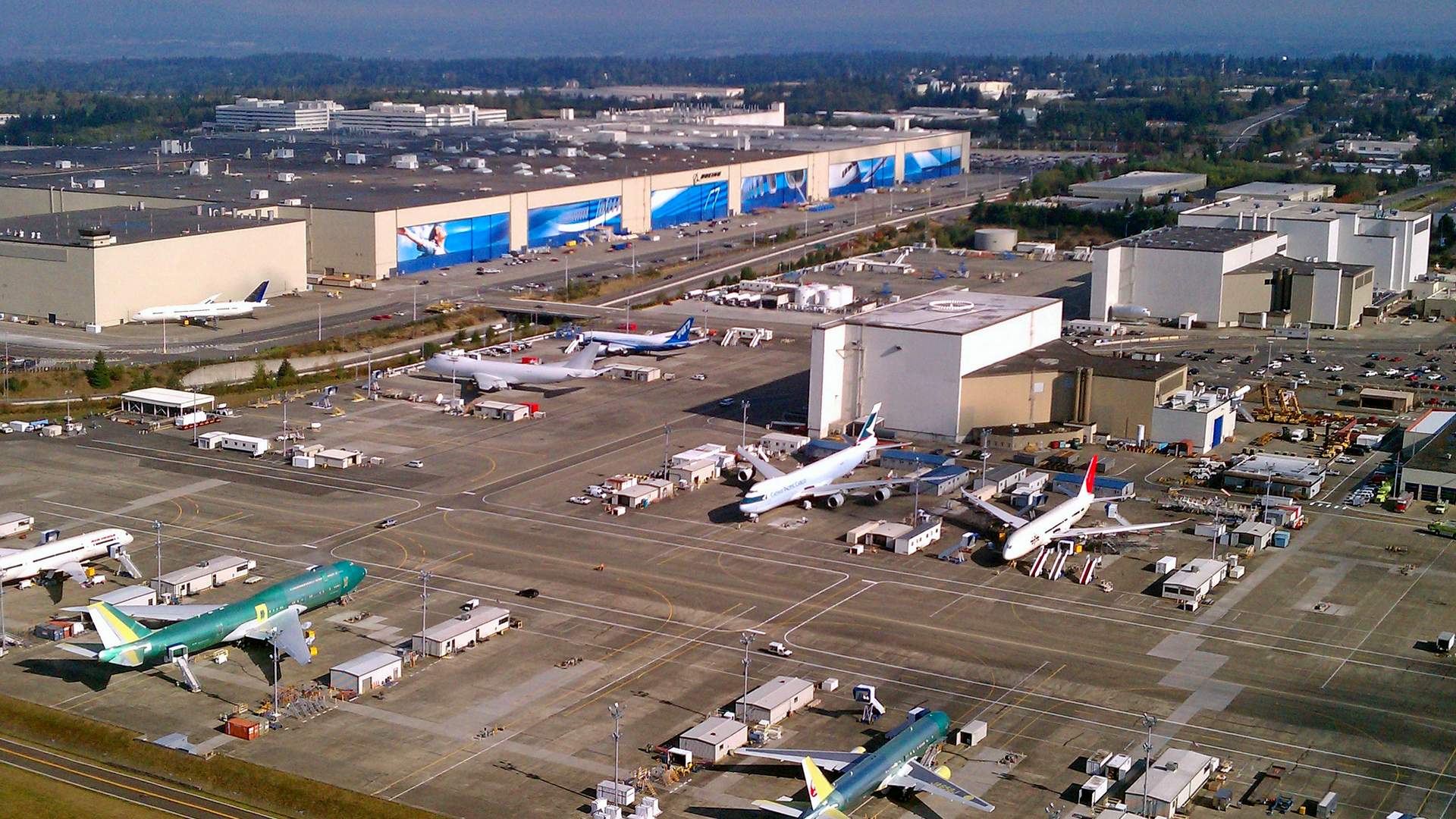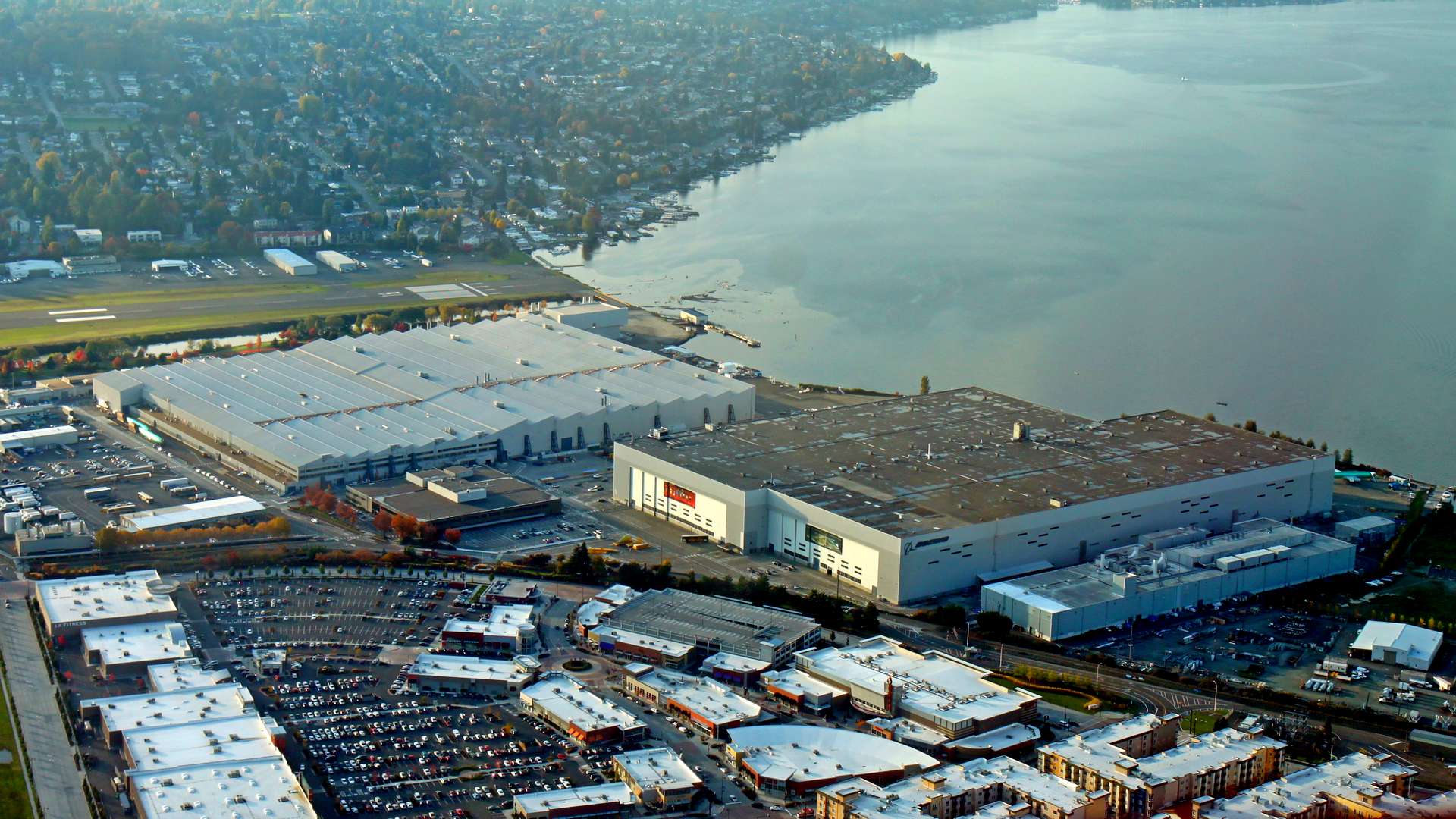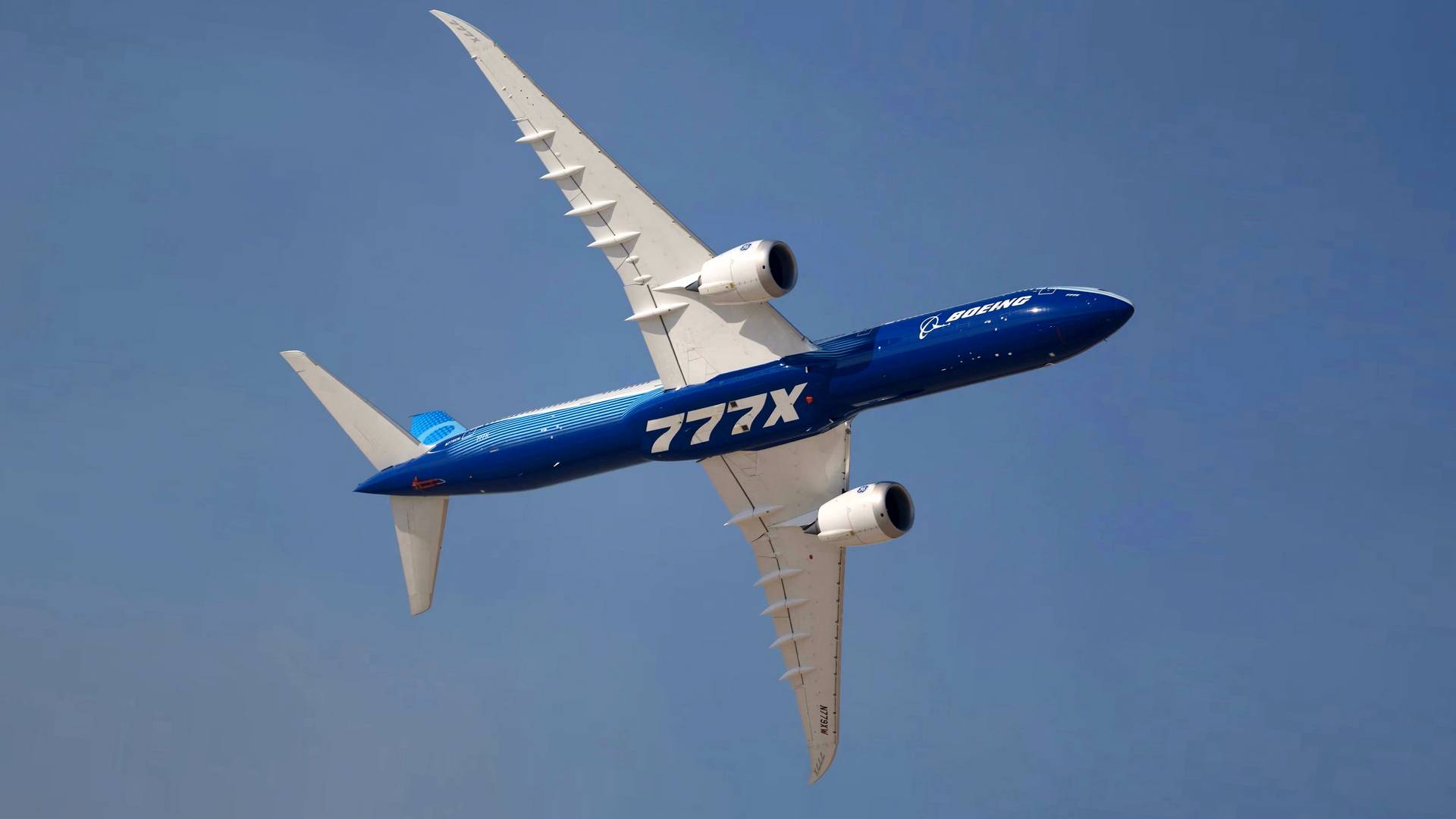Boeing and its firefighter union in Washington State still can’t agree to a deal. But is this just a taste of what’s to come in September?
There is mounting criticism of Boeing, concerning its negotiations with the International Association of Firefighters Local I-66. The union’s contract is up for renewal. But after the firefighter union rejected two contract offers, Boeing locked out its union members.

There are several sticking points between the two sides. Union representatives have objected to Boeing’s suggested pay scale, which they claim doesn’t place workers at “top pay” until after they’ve worked for 20 years.
Boeing has offered the firefighter union members an average first-year pay of $112,000, up from $91,000. This offer remains on the table, and Boeing has reiterated that it wants the union to let its members vote on it.

Boeing – Much More To Come AFTER The Firefighter Union
Boeing’s lockout began on the 4th of May, over two months after the expiry of the previous contract. Since then, the firefighter union claims that Boeing hasn’t shown any signs that it is willing to return to the negotiating table.
Over time, several politicians have called on Boeing to give its firefighters what they want. The U.S. President waded in last week, voicing his concern on the matter. More legislators have added their voices since. But along with politicians, members of other Boeing employee unions are also taking a keen interest in this developing story.

The aircraft manufacturer is already discussing a contract renewal with Chapter 751 of the International Association of Machinists and Aerospace Workers Union (IAM 751). The new contract is due next September.
For Boeing, that is an order of magnitude more important than its firefighter union contract. At the moment, Boeing’s lockout affects 125-130 workers. The IAM 751 chapter is negotiating on behalf of 30,000 workers.

Higher Stakes?
These workers had to make substantial concessions 10 years ago, in their last negotiation with Boeing, after years of strikes and bitter disputes. And a couple of years from now, Boeing will also need to renegotiate a contract with its engineers’ union (SPEEA).

All this means that there are a lot of eyes on how Boeing conducts its negotiations with its firefighter union. But analysts have pointed out that, in practice, Boeing’s management has little (if any) bargaining power with the bigger unions.
Boeing can’t threaten its unions with plans to produce its next aircraft away from the Puget Sound. No such aircraft project seems to be coming any time soon. Even if Boeing eventually prevails over its dispute with its firefighters, its operational and regulatory headaches would make lengthy strikes of more workers an unfathomable nightmare.



